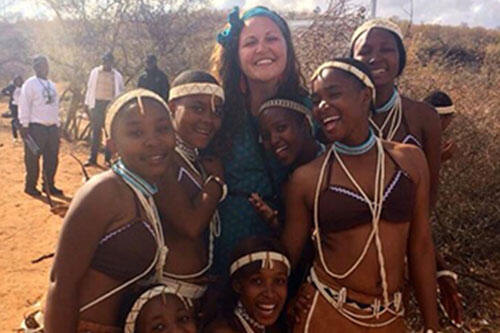
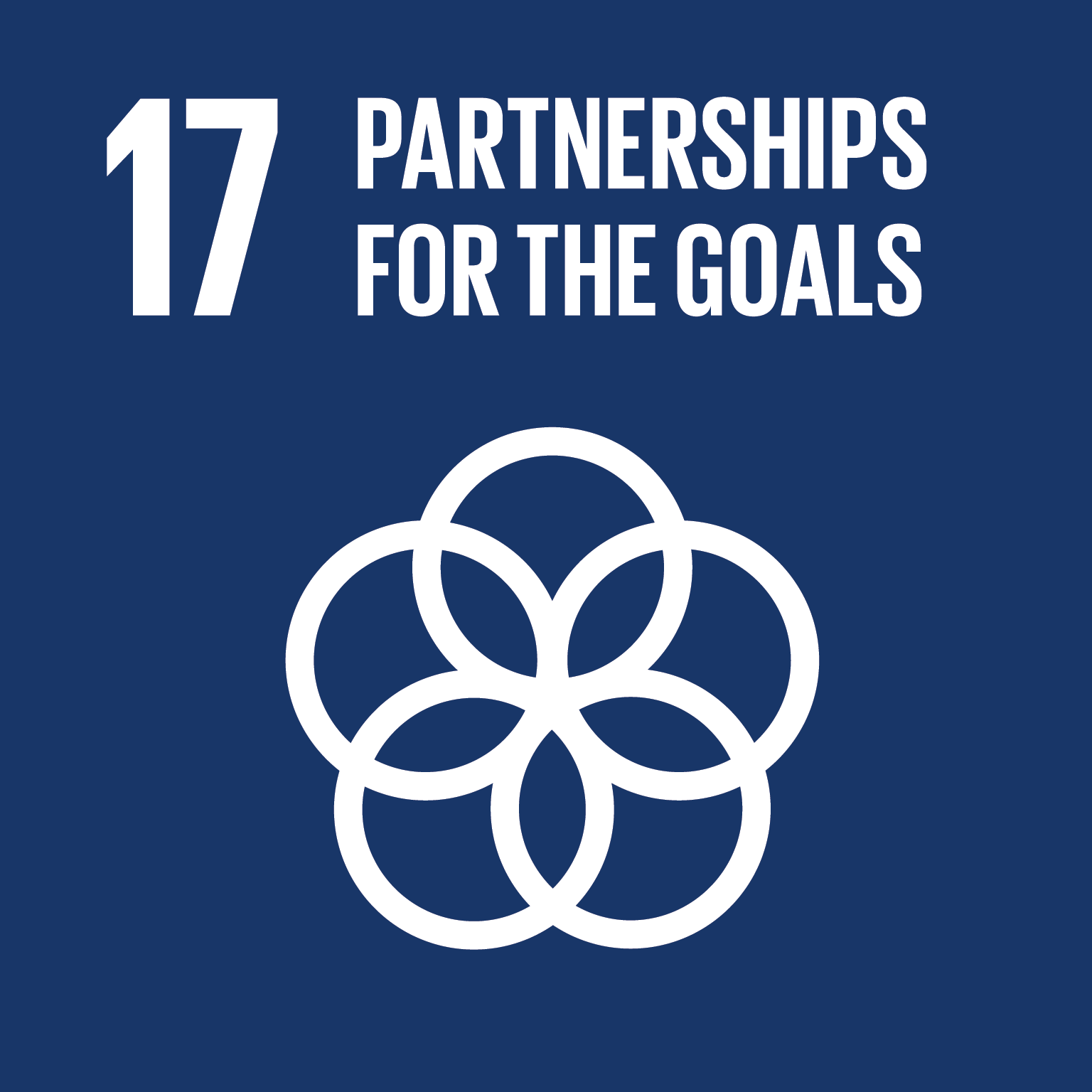
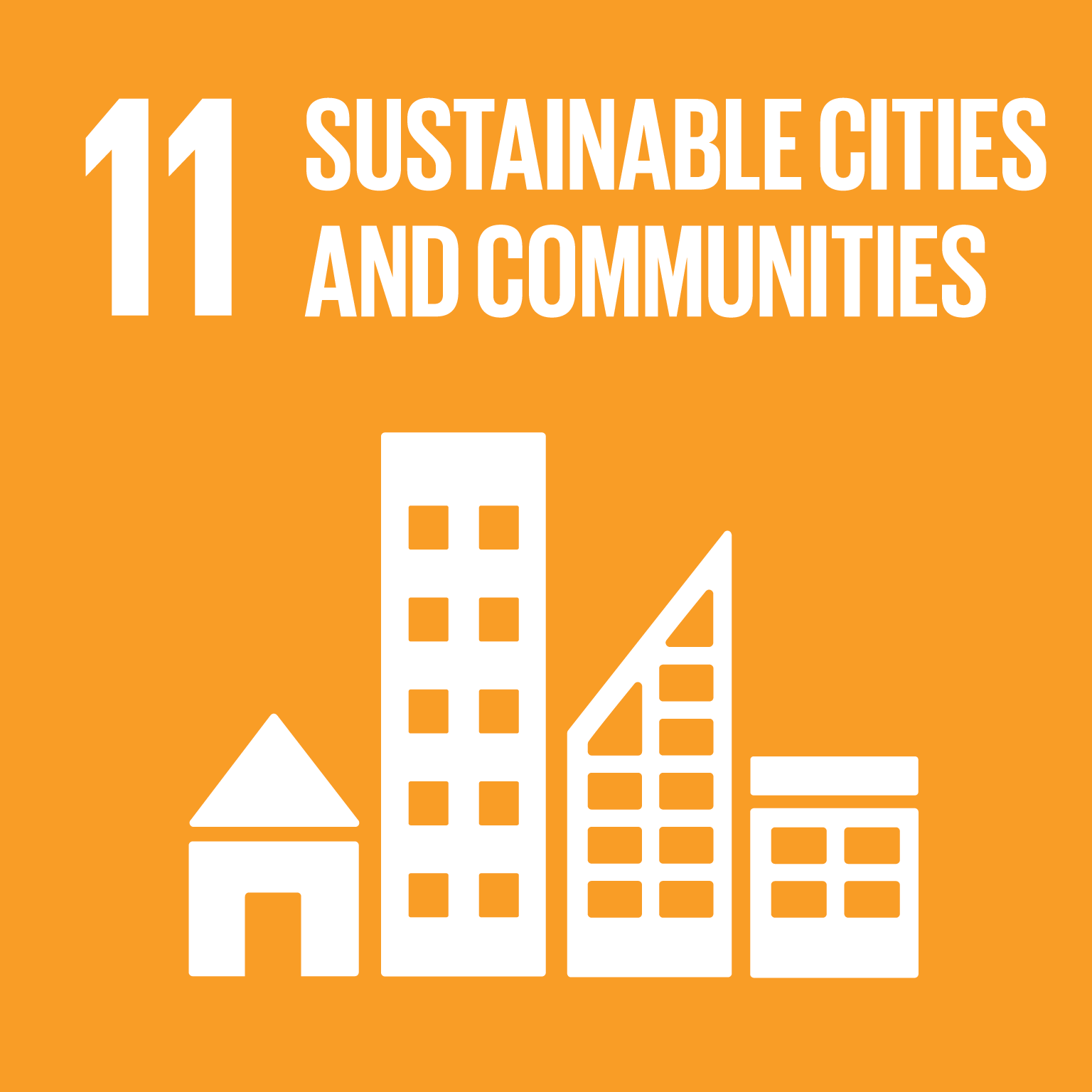
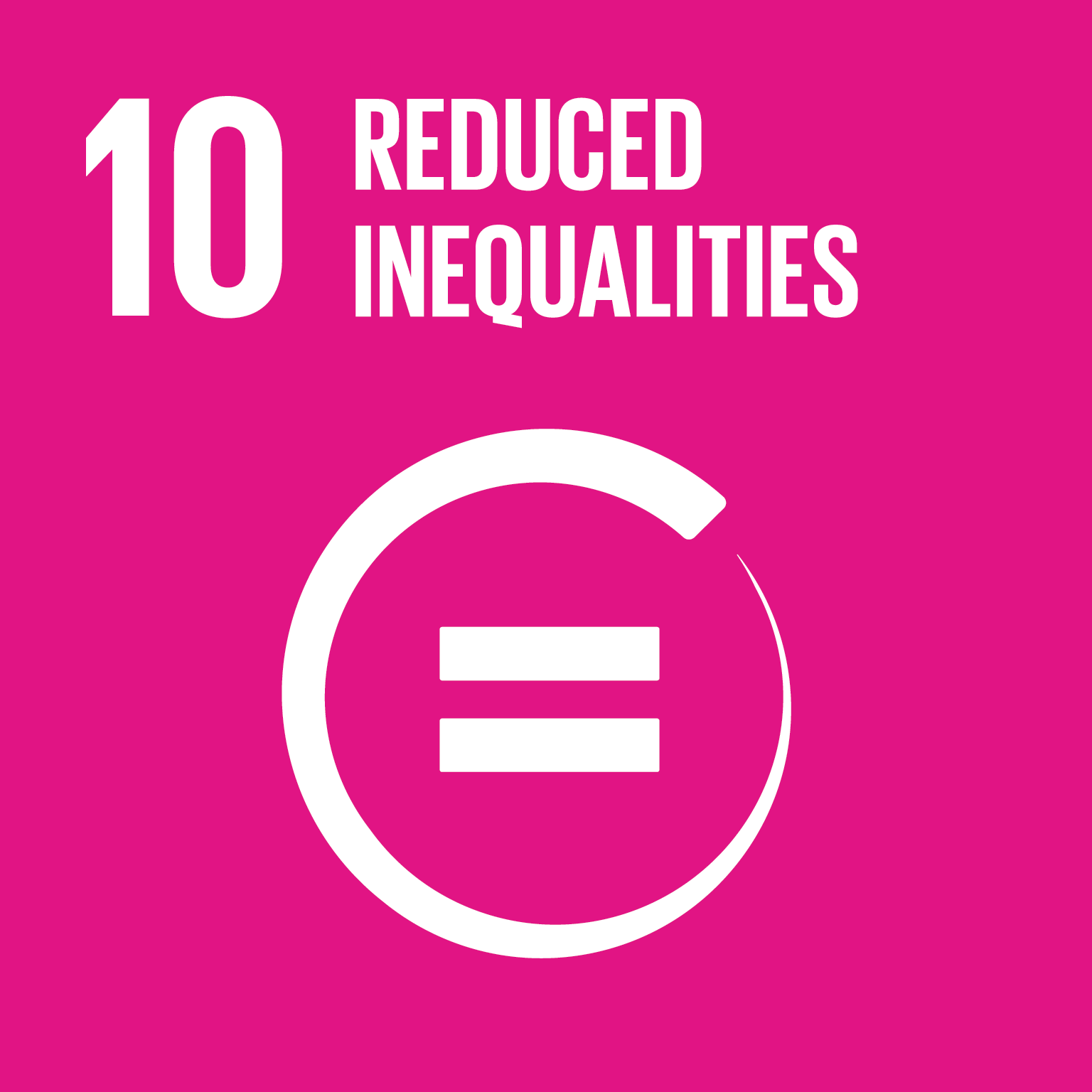
![]() SUNY Geneseo is proud that we number 14 nationwide for active Peace Corps volunteers among medium-sized schools. There are 18 active volunteers in 16 countries, helping to train men and women in healthcare, education, entrepreneurship and other fields, and addressing sustainable development goals to reduce inequality. In recognition, we are creating a digital scrapbook of stories and photos from active and past volunteers from our Geneseo family.
SUNY Geneseo is proud that we number 14 nationwide for active Peace Corps volunteers among medium-sized schools. There are 18 active volunteers in 16 countries, helping to train men and women in healthcare, education, entrepreneurship and other fields, and addressing sustainable development goals to reduce inequality. In recognition, we are creating a digital scrapbook of stories and photos from active and past volunteers from our Geneseo family.
We all have the same hopes and fears, and for me I never felt like I was far from home.
— By Meara Bowe ’15
Peace Corps location: Botswana, Africa
Service: 2015-2016
Geneseo major: Psychology
Position: Community health and education, focus on HIV
The Peace Corps was always on my radar, but it wasn’t until after I took Humanities II in Nicaragua as a junior through Geneseo that it became a very real plan for after graduation. That trip was the first time that I got to visit a country so unlike our own, but one that I absolutely loved. The experience forever changed my outlook on the world, and the path that I saw myself taking in the future. About a month after I got home from Nicaragua, I put in my application for the Peace Corps and never looked back.
I built further upon this by taking anthropology and more public health related courses. Doing so emphasized my passion for the world of global health and international development. When the recruiter called me to offer me my position in the Peace Corps, I had next to no idea where Botswana was, and they told me that I needed to let them know my answer within a week. I said “Yes!”
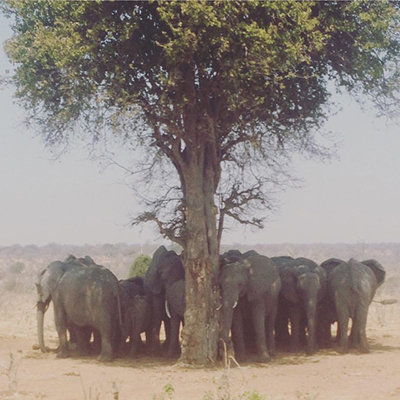 Botswana is a landlocked country in Southern Africa, and is home to 2 million people. Fun facts: There are more cows than people and it is home to the largest population of African elephants anywhere in the world. It is a safari-goer’s dream. Botswana celebrated its 50th year of independence (gained in 1966) while I was there and it was the biggest celebration, with a year-long countdown, all of which I got to experience!
Botswana is a landlocked country in Southern Africa, and is home to 2 million people. Fun facts: There are more cows than people and it is home to the largest population of African elephants anywhere in the world. It is a safari-goer’s dream. Botswana celebrated its 50th year of independence (gained in 1966) while I was there and it was the biggest celebration, with a year-long countdown, all of which I got to experience!
My first few months in country were a whirlwind, as I went to “class” everyday and learned language, customs and a lot about HIV. All of the volunteers in Botswana focus on HIV/AIDS prevention in some way, as it is still a large challenge facing the country. I was lucky to be blessed with the greatest host family, whose members adopted me from day one and taught me more than I could ever ask for.
They named me “Naled,” which means “star” in Setswana, and that was forever what I was known by except for my close friends.
We watched South African soap operas while they quizzed me on the language and taught me how to make the very best Setswana dishes.
My permanent site was everything I could have asked for. It was a small rural village of approximately 1,500 people and in the Okavango Delta, the most beautiful part of the country — and I would argue the world.
Since I am so young, my school head treated me with both respect and also like the child of the school staff, meaning that everyone looked out for me and made sure that I was happy. When I first moved there, I experienced my first culture shock as the region I lived in was so unlike the larger village and other areas I had visited in every single way.
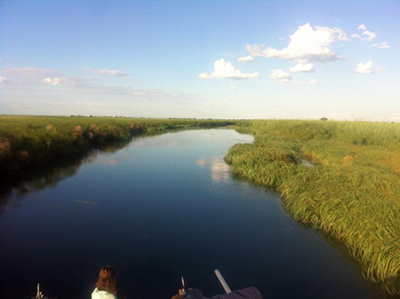 One of my bigger projects that I did was a support club for teens living with HIV, which we called “Teen Club.” It was incredible to see these kids have the opportunity to meet others who face similar challenges, and to be able to let loose and play games, sing and dance.
One of my bigger projects that I did was a support club for teens living with HIV, which we called “Teen Club.” It was incredible to see these kids have the opportunity to meet others who face similar challenges, and to be able to let loose and play games, sing and dance.
One of my more embarrassing, funny and memorable experiences came from a game where we all formed a circle, and someone becomes the leader in the middle. The leader yells “Bitsa Naledi” (I call Naledi), and the person that is called has to yell “Morena, Morena, Morena” over and over, ever louder. As I have a fairly high-pitched voice and can’t yell that loudly, I didn’t do too well at the game. I was then the joke of the camp, and the kids from there on would always yell Morena in a high-pitched voice at me. The kids thought it was hilarious.
I think my most valuable experiences were those where I just got the opportunity to sit and talk with Batswana, and spend time with my host family. I still have very close ties to my friends and family in Botswana and talk to them frequently; I am even going back to visit this summer!
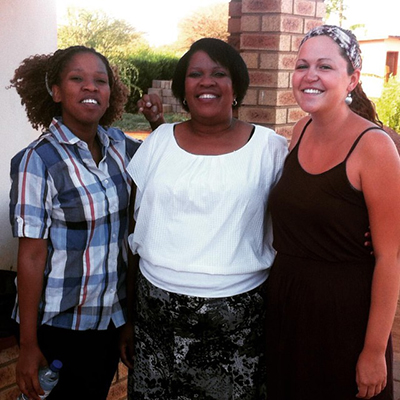 The most valuable lesson I learned is how similar people are no matter their upbringing or background. I think that especially in the current climate, this is something that everyone should recognize and value. We all have the same hopes and fears, and for me I never felt like I was far from home. Never have I felt such a peace and warmth from a community as I felt in my village and in my group of friends. At one point, we had tourists come through the village and I had said to one of my friends, “well aren’t I a visitor too?” She said: “No, you are a Motswana, you are one of us.”
The most valuable lesson I learned is how similar people are no matter their upbringing or background. I think that especially in the current climate, this is something that everyone should recognize and value. We all have the same hopes and fears, and for me I never felt like I was far from home. Never have I felt such a peace and warmth from a community as I felt in my village and in my group of friends. At one point, we had tourists come through the village and I had said to one of my friends, “well aren’t I a visitor too?” She said: “No, you are a Motswana, you are one of us.”
My little village Sepopa accepted me from day one and became another home, and it will always be. The memories that I made during my service will forever be a part of me, and I know I will treasure forever.